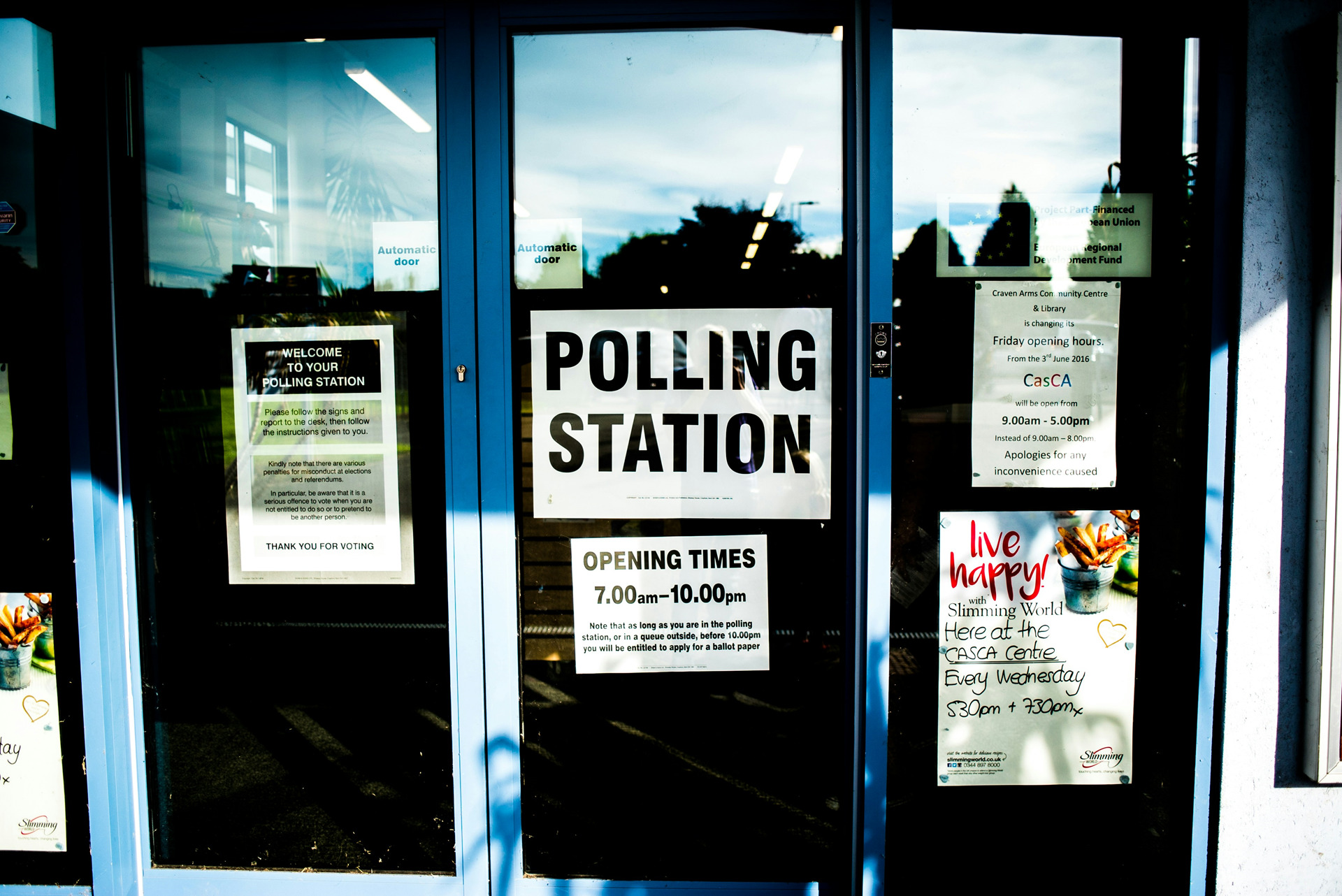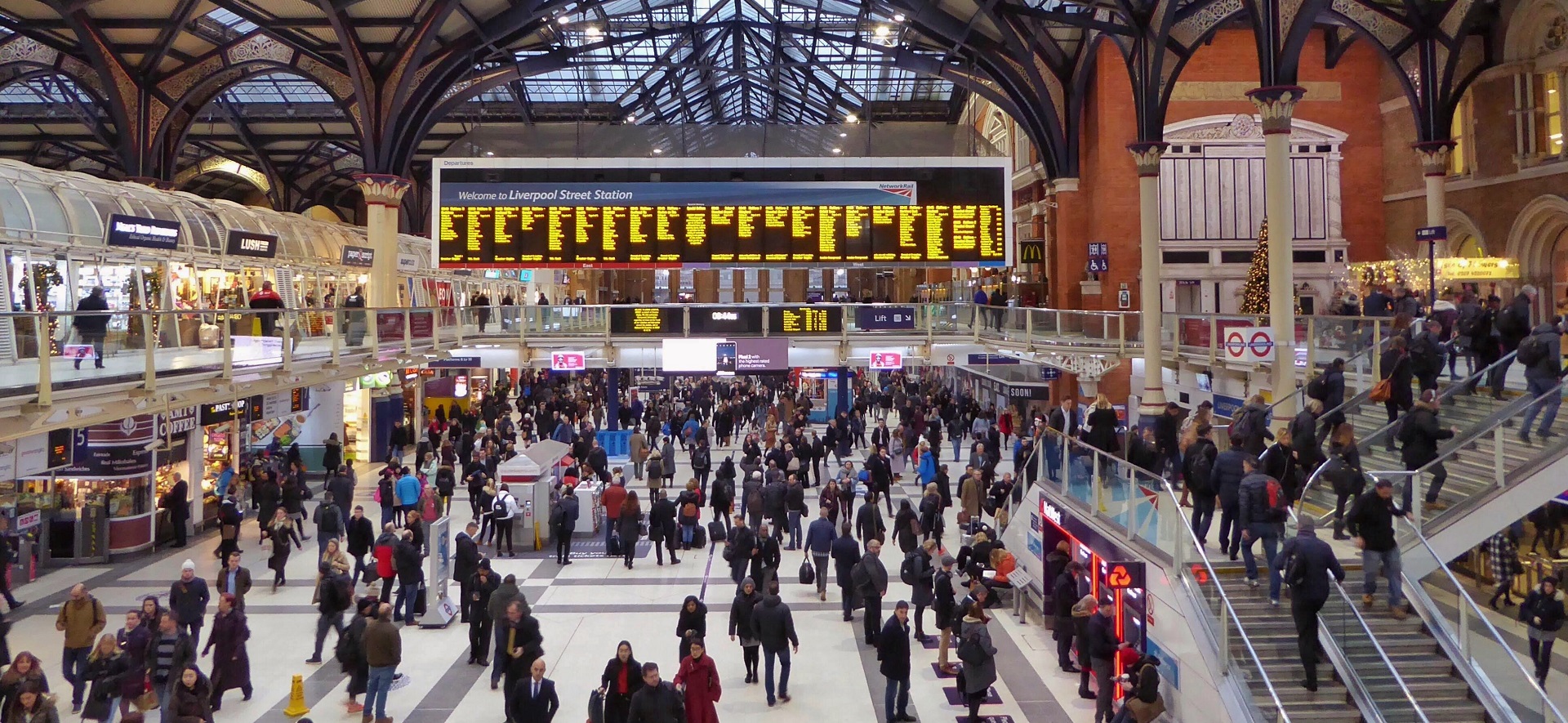Opinion polling | Politics | Polling & fast surveys | Public & Social | Voting intention
10 takeaways from Kingswood & Wellingborough
- Let’s start, as always, with the results. Labour has gained both Kingswood and Wellingborough for the first time since 2005 and 2001 respectively. The swing to Labour in Kingswood is decent; 16.4%, ranking it somewhere between recent by-election scalps in Wakefield and Mid-Bedfordshire. The swing in Wellingborough, though, is outrageous; 28.5%, the second biggest Conservative to Labour by-election swing since 1945, dwarfing both the remarkable results last year in Selby & Ainsty and Tamworth.
- These results are a shambles for the Conservative Party. In American sports parlance (thanks, Taylor Swift), Rishi Sunak is now 1-6 in Conservative by-election defences, his sole victory coming in Boris Johnson’s symbolic former seat, while the six defeats (five to Labour and one to the Lib Dems) rank as the 2nd, 3rd, 4th, 7th and 9th worst by-election Conservative swings to Labour since the war.
- Rishi Sunak should not perhaps be held entirely responsible for these results – the Conservative brand started tanking long before he became Prime Minister – but he’s achieved very little in terms of improving it. His party are haemorrhaging significant chunks of voters to both the left in Labour, and the right in Reform UK, giving Sunak an almost impossible task of threading a needle whereby an appeal to voters on either side risks further alienating the other.
- There’s still a path to some sort of election success for Sunak – depriving Labour of a majority feels like the absolute best-case scenario at the moment – but almost everything has to go right for him between now and polling day, and his record in office so far indicates that’s unlikely. The Budget is the next big event for Sunak and Hunt to appeal to voters, but their fiscal room for manoeuvre is limited to say the least. Nevertheless, if the Budget is well-received and it starts to move the polls – with the latter not guaranteed even if the former is true – then there’s potential for the government to ride a wave of momentum into the campaign proper, but the path to polling day is still littered with significant hurdles for the Conservatives to overcome.
- And ultimately the last few days – two significant by-election defeats, and the government presiding over a recession – are incredibly bad optics for the government. Even if the recession is closer to stagnation, spinning positive feels nigh-on impossible, and even if the technical details make it difficult for the government to control, it still appears to voters that this government can’t deliver on its promises and pledges. I’d expect the Tory plotters, supposedly playing the long game to oust Sunak, appear prominently in the Sunday papers once again questioning his leadership credentials and trying to convince MPs to roll the dice with another (incredibly unwise) change of leader.
- These results also, in my view, all-but rule-out a May election. Per an earlier point, if everything goes right for Sunak he’d be wise to strike while the iron is hot, but a recession and these by-election defeats count as ‘things going wrong’, further emphasizing the almost impossibility of everything going right.
- There has been a suspicion in the polling industry for quite some time that we’re overstating support for Reform UK. Savanta’s figures have had them at 9% nationally, while others have had them even higher, but this has never been backed up at actual elections until now. Designs on a second-place finish in Wellingborough fell someway short, but 10% as a baseline in Kingswood is impressive, and possibly points to their appeal not necessarily being highly concentrated in a handful of seats.
- Research tends to suggest that their voters aren’t just Tory voters in disguise. Many would-be Reform UK supporters say they’d simply not turn out if Reform weren’t on their ballot rather than plump for the Conservatives instead, but the threat Richard Tice’s party holds for the Tories is still significant, and there’s finally some actual electoral evidence to back up that assertion.
- Obviously, these results need the usual by-election health warnings. Turnout below 40% in both is likely to benefit Labour – I can’t imagine mobilizing Conservative voters in either seat will have been easy in the last few weeks – and by-elections notoriously behave in a rather unique way. These swings Labour has achieved won’t be replicated at a General Election, and there’s an argument that the swing in Wellingborough is as much down to Labour as it is the reasons behind the by-election and a pretty hard-to-fathom choice of Conservative candidate. The Kingswood swing is good, but not perhaps quite as high as some national polls would suggest it could have been. But this is clutching at straws, trying to find the bad-news needle in the good-news Labour haystack. These results are excellent, and significant, for Labour.
- Which will be very welcome, given the difficult few weeks they’ve had. Their £28bn green pledge u-turn, and their failure to immediately suspend their candidate in the still-to-come Rochdale by-election for anti-Semitic comments have led to negative headlines, and while these difficulties might not completely cut-through, but it doesn’t help dispel the perception that many swing voters remain unsure what the party stands for. These results will help; some of those concerns may still remain, but Labour is performing well when it matters, in actual elections, with actual voters, and while there remains a disparity across the polling industry over the size of Labour’s lead, the only unknown at the moment is the size of Labour’s likely majority, and not whether or not they’ll achieve one.
Knowledge centre
Read More
Explore
Opinion polling | Politics | Polling & fast surveys | Public & Social | Voting intention
A wealth of changes
Opinion polling | Politics | Polling & fast surveys | Public & Social | Voting intention
Three key trends holding Gen Z back from travelling abroad
Opinion polling | Politics | Polling & fast surveys | Public & Social | Voting intention
Pollwatch: Three in five business leaders no longer have confidence in the government
Opinion polling | Politics | Polling & fast surveys | Public & Social | Voting intention





